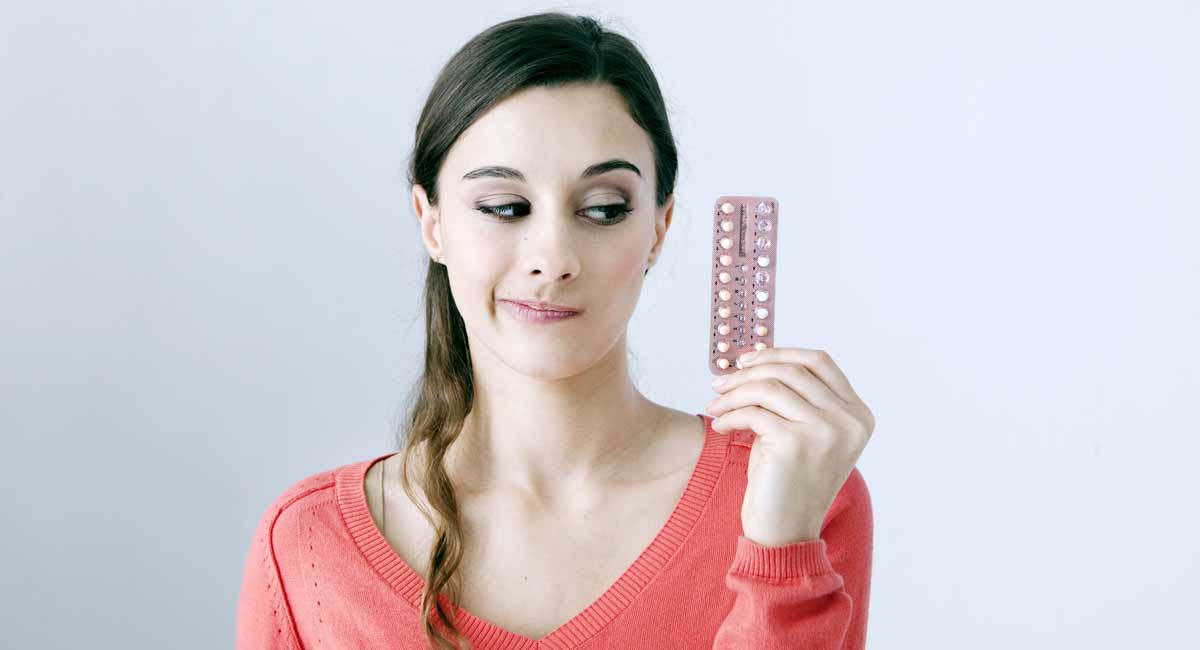According to the BBC, the number of abortions committed in Scotland increased between 2021 and 2022 – and abortion advocates are attempt to blame social media posts pointing out the risks of hormonal birth control as the cause.
The BBC reports that for the first time in 14 years, the number of abortions committed on 16- to 19-year-old teenagers has increased in Scotland, and reportedly, “[t]here are concerns this is being driven in part by false and misleading information on apps such as TikTok.”
The total number of abortions in Scotland rose from 13,397 in 2021 to 16,584 in 2022, and among 16 to 19-year-old girls, the number rose from 1,480 to 1,899.
Videos from individuals and organizations warning women and girls of the risks of hormonal birth control are spreading across social media. One such video, which reportedly received 600,000 views, claims that hormonal birth control can cause infertility and brain tumors. The BBC also mentions a video that calls birth control “this generation’s cigarettes.” Some of those warning of birth control’s potential risks are also pro-life.
Lucy Grieve of The British Pregnancy Advisory Service — a large UK abortion chain — claimed that people are being “scared off” hormonal contraception by social media videos. “That undoubtedly plays a role in the rising abortion figures in Scotland,” she said.
Except it might not.
The findings of two separate studies exposed the error of believing that access to birth control will reduce the abortion rate. A study published by the pro-abortion Guttmacher Institute, along with a study by the British Pregnancy Advisory Service found that more than half (51%) of the women who seek abortion reported using birth control during the same month they got pregnant.
Dr. Sinead Cook from NHS Grampian, the Scottish chair of the Faculty of Sexual and Reproductive Healthcare, told the BBC, “The biggest concern is that social media is encouraging people to either not start contraception or to stop their contraception without really understanding what their other options are.”
The number one way to prevent unplanned pregnancy — and teen pregnancy — is to abstain from sex. Therefore, concern should not be about social media posts on birth control but should be focused on preventing sex among teenagers and ensuring that young girls are not being abused or coerced.
In addition, there should be concern about the fact that hormonal birth control actually does come with risks and the TikTok videos the BBC is complaining about are not all based on misinformation. Even pro-choice women are learning that hormonal birth control is dangerous.
Actress and TV host Ricki Lake co-produced a documentary about hormonal birth control, which garnered a lot of criticism, but Lake told TODAY:
It’s about informed choice. I want women to have access to the information. … I really wanted people to be educated about these drugs that we’ve been taking since our grandmother had the pill. The pill was invented in the ‘60s, and thank God we have the pill, but there’s a lot to consider when you’re putting something in your body for sometimes decades.
Lake added, “I don’t really have an agenda,” she said. “I’m trying to help women. That’s where I am…. I come from a place of love…. Yes, it’s information that’s shocking because it is shocking.”
Hormonal contraception also carries an increased risk of depression and suicide, blood clots, heart attack, stroke, cervical cancer, decreased bone density, benign liver tumors and more.
According to a study, 54% of women who attempted to become pregnant after stopping condom use had delivered a child within a year. Meanwhile, just 39% of IUD users delivered a child within the first year of stopping birth control, and only 32% of oral birth control users gave birth within that same year. Those who used an IUD for six-and-a-half years or more had the highest fertility impairment.
A Danish study found that the use of hormonal birth control can increase a woman’s risk of developing a rare type of brain cancer called glioma. Women under age 50 who were diagnosed with glioma “were 90 percent more likely to have been using hormonal contraceptives for five years or more, compared with women from the general population with no history of brain tumor,” according to the study leader, Dr. David Gaist. The risk appeared to increase according to the length of time the women were on birth control.
The reality is that birth control does carry risks, and some women have paid the price with their lives.
Birth control use does not decrease the abortion rate; pro-life laws do. A study in The Journal of Law and Economics found that countries where abortion has some restrictions and is legal only for medical or social reasons have a 25% lower abortion rate than countries where abortion is available on demand.
Abortion is legal in Scotland through 24 weeks for any reason and after 24 weeks for certain children, like those who receive a prenatal diagnosis.








